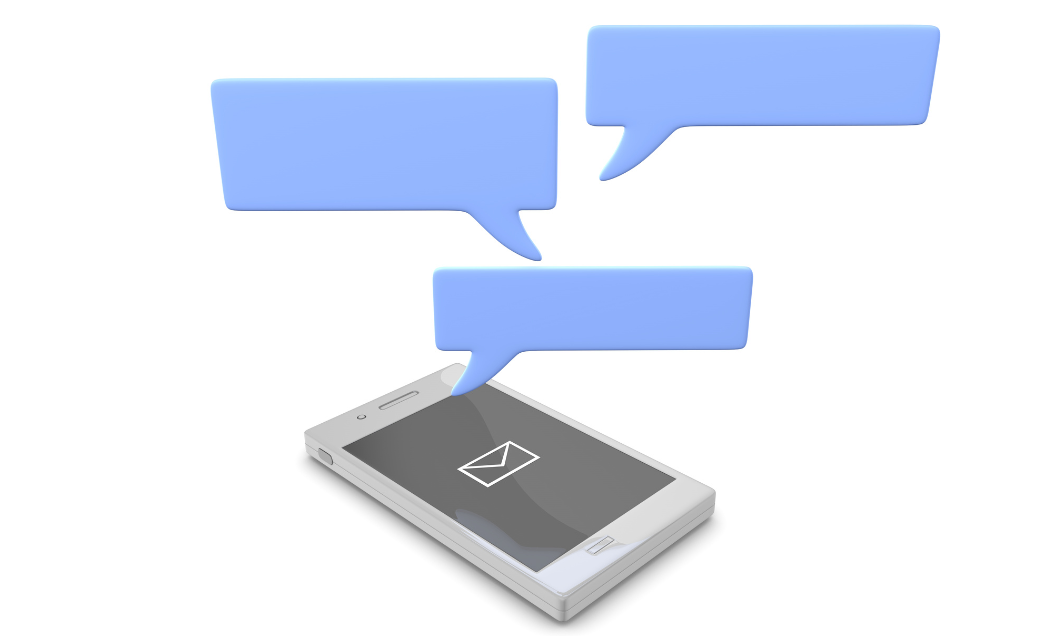Is Artificial Intelligence Coming for our Jobs?
By Dominik Jones
C an autonomous machines be creative? Can we, as humans, co-exist with machines that lack our emotions? Can empathy be programmed? These are all valid questions when thinking about AI, but for now at least, we’ll leave them for another day.
What we really want to know is whether AI tools like ChatGPT – a generative AI model launched in November – are coming for our jobs. Personally, I’m doubtful, but to get to the bottom of it, we asked marketers about their hopes and fears for ChatGPT, and how they think it’ll impact their work in the long and short term.

Image: Ways AI could impact marketing
Source: Smart Insights, 2023
Not quite there yet?
Whilst ChatGPT has the potential to function as a useful tool for marketers, it’s really important to note that the platform, at this moment in time at least, has some real limitations.
“While it can help you to work smarter, not harder, by performing simple, automated tasks, ultimately it’s not anywhere near the stage where it can perform better than a human would in almost all day-to-day marketing activities,” explains, Victoria Spall, Account Director at Browser Media.
ChatGPT also lacks the ability to produce anything that feels original, which is critical when creating content that feels fresh and engages people.
Zak Saidi, owner of IZSRI, says: “The commentary ChatGPT provides at its current stage is painfully generic – I can’t see it replacing the role of copywriters anytime soon like some are saying, but I do think it represents a powerful tool to help inspire copywriters.”

"The commentary Chat GPT provides at its current stage is painfully generic – I can’t see it replacing the role of copywriters anytime soon like some are saying."Zak Saidi IZSRI
What is ChatGPT good for?
Despite ChatGPT’s shortcomings, It does appear to have a lot going for it when it comes to making marketers’ daily lives just that bit easier.
Megan Boyle, Head of Content Marketing at The Audit Lab, believes this will have many advantages when it comes to search engine optimisation. She says: “It can function as a good way to generate ideas for a piece of content or doing the heavy lifting for you in terms of keyword research, but using the generated content itself is something that could only cause harm to your SEO efforts.”
Megan’s views are echoed by Jordan Lorence, Marketing Manager at MRL Consulting Group, who also sees ChatGPT as a potential time saving resource. But he also feels it is limited when it comes to creative writing.
He says: “In the short term, ChatGPT works as an incredible search engine. It gives us endless prompts and angles for content writing, but when it comes to actually writing the content for us, it falls short. Everything is written in the same format in the same style.”
ChatGPT could completely change the way that we conduct desktop research. And that would not be a bad thing. It would add competition to a market currently dominated by Google – which holds over 90% of the search engine market share worldwide.

"In the short term, ChatGPT works as an incredible search engine. It gives us endless prompts and angles for content writing, but when it comes to actually writing the content for us, it falls short. Everything is written in the same format in the same style."Jordan Lorence MRL Consulting Group
So, is ChatGPT coming for our jobs?
I think it’s safe to say that ChatGPT won’t be replacing humans in the world of work any time soon. Having said that, this version of ChatGPT is still a prototype, and there’s really no telling of the levels of knowledge that the platform could reach. Still, for now, ChatGPT could definitely become a useful tool in the marketer’s arsenal – helping to combat writers block and complete laborious administrative tasks. But ChatGPT lacks the creativity, critical thinking and the intrinsic human values that need to shine through to audiences. It may be able to provide us with some answers, but until it can also ask poignant questions it will always be limited.
Share this:




